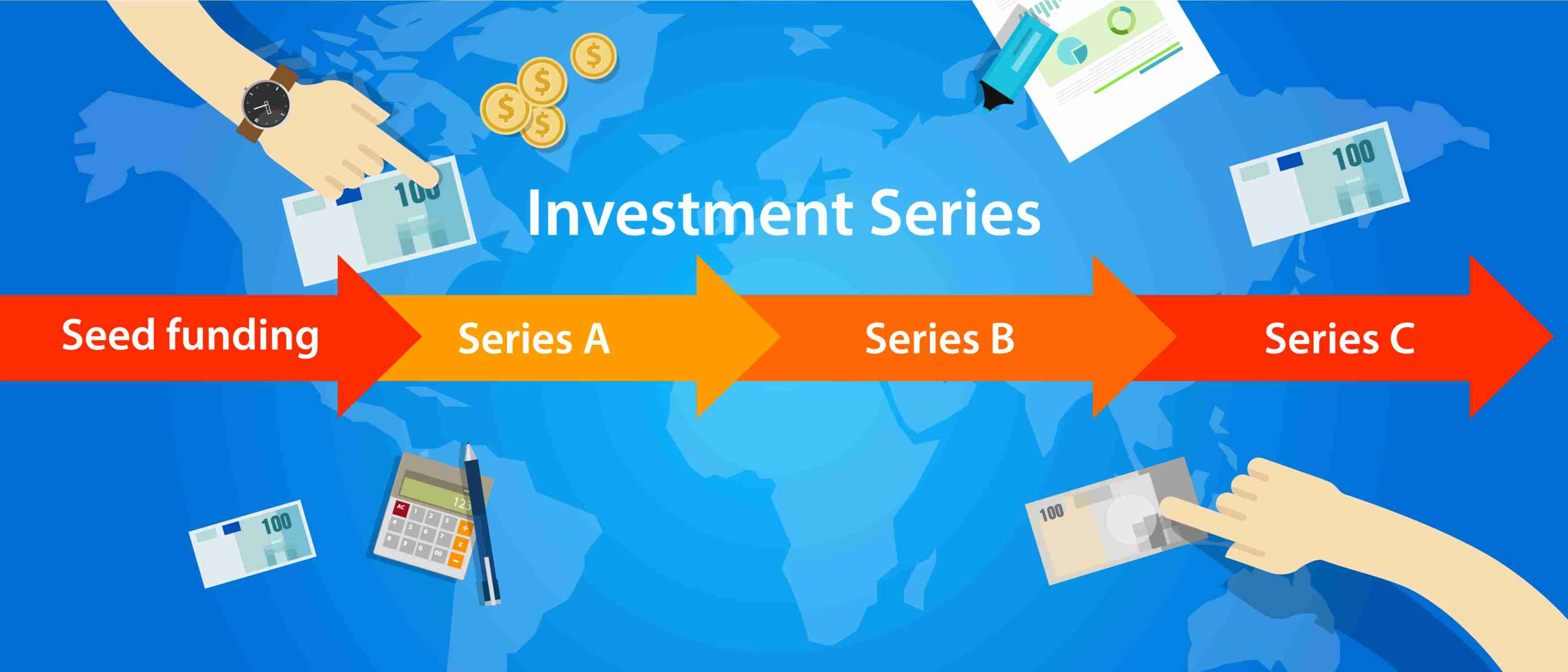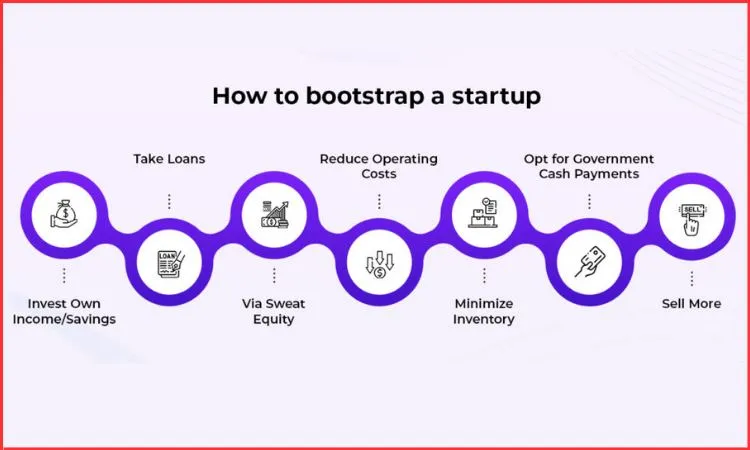Money is the one thing every entrepreneur needs to grow their firm from concept to profitable exit.
Founders on the startup road negotiate twists, turns, detours, and even a possible dead-end without a growth capital road map. Many people are unaware of the toll that several fundraising campaigns can cause on the company as well as on them.
Don't turn out like so many wishful founders who wish they knew. Determine whether right now your startup requires venture capital or another kind of finance. You can move ahead to discover what distinguishes each startup funding round and how they operate should you be thinking about raising equity at some point.
Is Seeking Venture Capital Appropriate for Your Start-up
A SaaS firm bootstrapping its way to its Series A generates income out of the gate and fuels early-stage growth that draws first round of venture capital (VC) funding. This is not rare. While another firm follows a hyper-growth path, seeking equity finance from Seed to IPO, one might fund slow and steady growth to a profitable exit exclusively with non-dilutive capital.
For your startup, which is the ideal financing plan? Consult the counsel of a successful entrepreneur who has seen it all from all sides of the process.
Starting Jive Software, Dave Hersh bootstrapped for five years before raising $15 million from Sequoia Capital as he developed a strong, profitable, IPO-ready company. Hersh has been a VC since then, worked in private equity (PE), and sat independently on corporate boards.
- Too often, he adds, startups pursue venture capital mistakenly as though their only objective is funding.
- "They believe that we have to reach these benchmarks in order to generate a B-round; once we do these things, we can generate a C-round," Hersh notes.
- Starting with one basic question: What does my business need? helps one to choose the appropriate financing plan.
- Mo's VC Money: Mo's Problems
Hersh discussed three typical issues startups deal with following venture round raising on the Bootstrapped podcast.
Read also: Creating A Venture Capital Fund
1.Is under pressure to grow.
When you have been seeking development and investors start imposing it, everything changes. To reach challenging goals, you recruit faster, travel faster, and shell out far more money. Your company won't be ready to develop at the speed investors demand if you raise VC before you truly know what's happening in the market and how you should play. It's a formula for not success but failure.
2. Investor influence
Sometimes useful, other times not, be ready to follow the playbook and advise of your investors. In either case, they have clout. If founders fail to reduce share dilution, some of them even lose their company totally.
3. Odds stacked against your name
Many entrepreneurs are unaware, meanwhile, that VCs only profit on roughly 10% of their investments—that the rest lose. For VCs, the approach is perfect; yet, when their company fails, the committed entrepreneurs and staff suffer greatly.
When he thinks back on his own experiences at Jive, Hersh adds, "The days of strict austerity were our most productive. Things went crazy during the times we raised and spent a lot of money.
Getting venture money is not horrible. While it's helpful for developing and expanding a firm, it's not appropriate for every young company and deciding when to raise it calls considerable thought. Equipped with the necessary information to make a wise choice, you can start to solicit a VC fund when it would be most benefit for your company and objectives.
Read also: Step-by-Step Guide to Small Business Funding
Pre-seed money
- Development Stage: Idea Generation
- Money Available: $50,000 to $500,000
Usually gathered from friends and family or from non-institutional investors from founders' personal networks, Pre-Seed investment is the first startup round. These are little sums of money that enable business owners to realize their ideas. While some founders choose to self-fund or simply begin growing themselves at this point, others join incubators or accelerators offering funding and knowledge to support early-stage firms.
Seed Round perhaps
- Development Stage: Ideation/Practice
- Funding: $500K to $2 million.
With the Pre-Seed round emerging, Seed round funding now cover more ground to help entrepreneurs through their development stage. These higher-risk investments enable fledgling companies test their ideas on the market and start confirming product-market fit. The most often seen investors in a Seed round are angel investors. Startups may use their Seed money to fund first important hires, increase marketing initiatives, and draw in more business.










